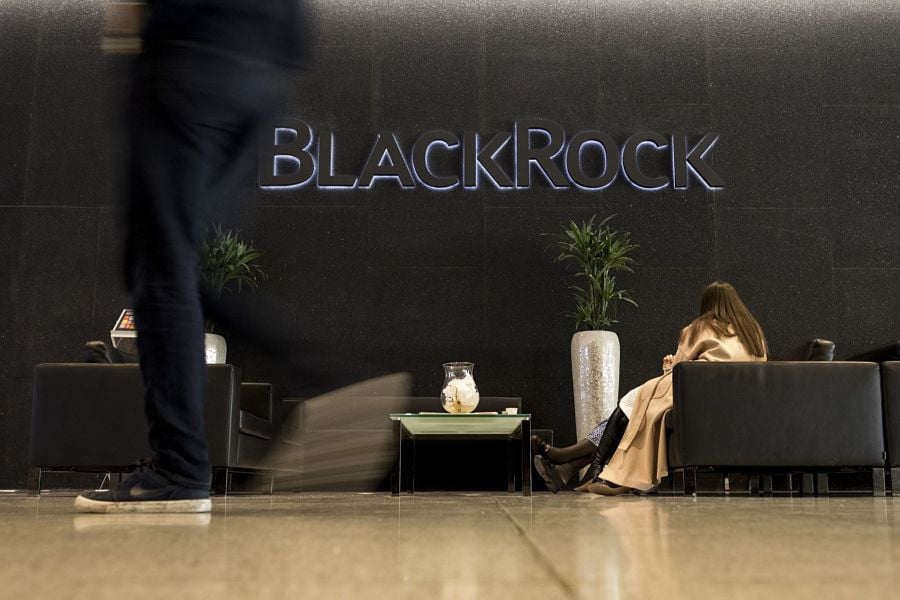

BlackRock Inc. made one of the money management industry’s boldest statements yet on racial diversity.
The world’s largest asset manager is committed to increasing its black workforce by 30% by 2024, according to a LinkedIn blog post from Chief Executive Larry Fink Monday, as global protests pressure American companies to increase diversity in their management ranks.
The company will double the portion of its senior leaders who are black from its current 3% share, Fink wrote.
“We need to do better,” Fink wrote. “We must use our voice and work with others to advocate for change within our industry and across society more broadly.”
Corporate America is wrestling with its role in racial inequality. Fink was among the executives who spoke out after George Floyd, an unarmed Black man, was killed when a Minneapolis police officer knelt on his neck for nearly nine minutes. BlackRock endorsed legislation against hate crimes in the state of Georgia, where another black man, Ahmaud Arbery, was killed while jogging.
BlackRock’s workforce is currently 5% black, according to the company. It employs more than 16,000 people worldwide.
Fink also said in the post that the company would increase partnerships with minority businesses and create new investing products that focus on racial equality across its active and passive fund suites.
As protests have stretched on for weeks, companies have come under pressure to go beyond statements sympathetic to the Black Lives Matter movement and take action.
John Rogers, co-CEO of Ariel Investments, likened the national mood to 1968, when riots broke out after Martin Luther King Jr.’s assassination. Companies must “really execute” on diversity plans, Rogers said in a discussion of racial and economic justice at the Bloomberg Invest Global virtual event on Monday.
BlackRock will donate $5 million to organizations focused on improving racial equality, and create a $5 million fund to support Black and Latinx social entrepreneurs, Fink wrote.

Two longtime RIA industry figures have joined the board of directors at TaxStatus, a fintech company that garners thousands of IRS data points on clients to share with advisors for improved financial planning oversight and time savings.

Sieg, 58, was head of Merrill Wealth Management, left in 2023 and returned that September to Citigroup, where he worked before being hired by Merrill Lynch in 2009.

Firms announce new recruits including wirehouse breakaways.

"QuantumRisk, by design, recognizes that these so-called "impossible" events actually happen, and it accounts for them in a way that advisors can see and plan for," Dr. Ron Piccinini told InvestmentNews.

Advisors who invest time and energy on vital projects for their practice could still be missing growth opportunities – unless they get serious about client-facing activities.
Orion's Tom Wilson on delivering coordinated, high-touch service in a world where returns alone no longer set you apart.
Barely a decade old, registered index-linked annuities have quickly surged in popularity, thanks to their unique blend of protection and growth potential—an appealing option for investors looking to chart a steadier course through today's choppy market waters, says Myles Lambert, Brighthouse Financial.
